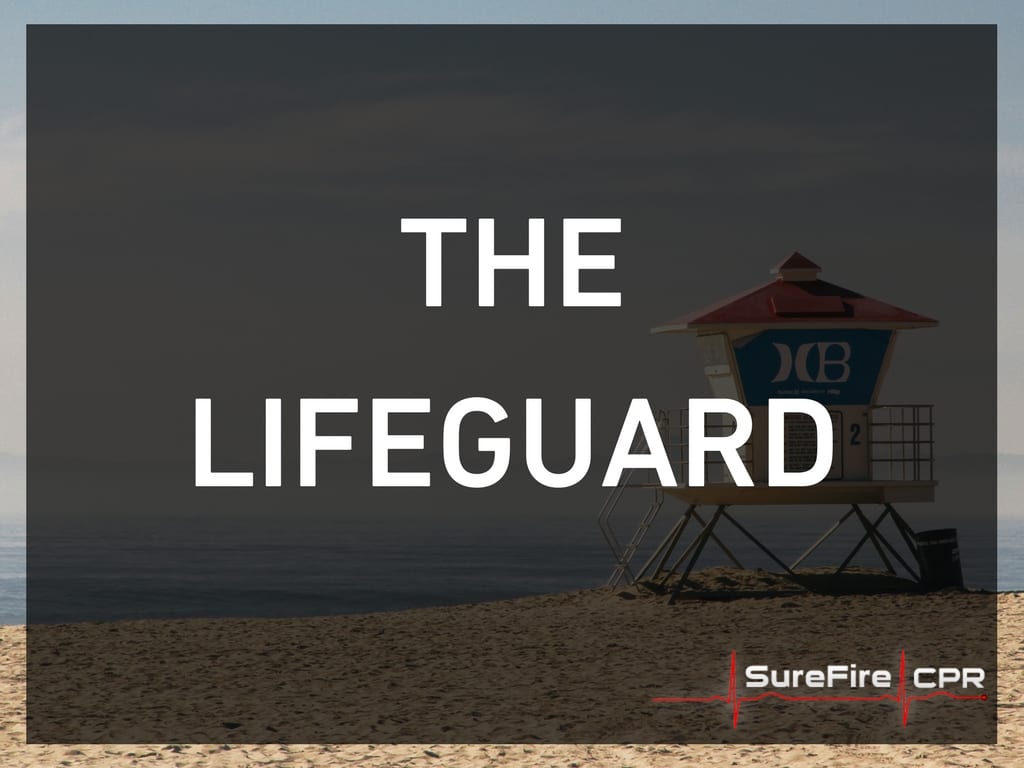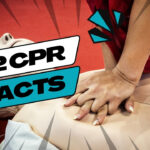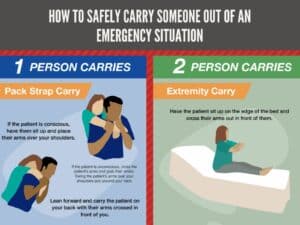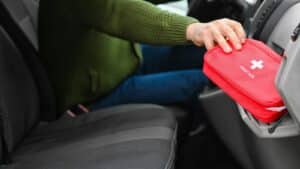You’ve just landed your first summer job – you’re a lifeguard. You love to swim and hang out at the beach or pool. It’s perfect! And while being a lifeguard may be the perfect summer job for you, it is one of the most important jobs that you may ever have.
Lifeguards are difference-makers. The U.S. Lifesaving Association (USLA) notes the chance that a person will drown while attending a beach protected by a USLA-affiliated lifeguard is 1 in 18 million – or less than 1%. Conversely, the International Life Saving Federation indicates about 1.2 million people – or more than two people every minute – die annually due to drowning. These statistics highlight the importance of lifeguards in helping drowning victims and delivering emergency assistance.
Becoming a lifeguard at a beach or pool carries with it a lot of responsibility. It is exciting and rewarding to be part of a team whose job it is to allow folks to enjoy their time in the water, safely.
Now, let’s take a look at three things that individuals need to know before they decide to become lifeguards:
- All lifeguards require training.
The training that a lifeguard needs to go through is very thorough. The American Red Cross offers many lifeguard training classes that teach you how to recognize and prevent injuries, rescue skills that are necessary both in water and on land and life-saving first aid and cardiopulmonary resuscitation (CPR) lessons.
Additionally, the Red Cross requires individuals to be at least 15 years old before enrolling in a lifeguard class. The Red Cross also mandates that individuals pass a pre-course swimming skills test prior to signing up for a lifeguard class.
If you intend to become a lifeguard, enroll in the best training available. That way, you can gain the real-world skills that you’ll need to administer critical assistance in emergencies.
- Lifeguards must be ready to handle a wide range of emergencies.
Lifeguards must be prepared to provide support in many types of emergencies, including:
- Breathing: In a breathing emergency, a lifeguard is expected to give ventilations, remove airway obstructions and use oxygen delivery devices.
- Cardiac: A lifeguard will need to know about the cardiac chain of survival, as well as how to assist cardiac arrest and heart attack victims.
- First Aid: A lifeguard must be able to act quickly and effectively to respond to injuries and illnesses.
Lifeguards must possess the skills and know-how to identify emergencies before they happen. With these abilities, lifeguards can ensure the safety and well-being of all beach or pool visitors, at all times.
- Lifeguards should understand that no two days are ever the same.
There is no telling what might happen when a lifeguard is on duty. As such, a lifeguard should know exactly what to do to prepare for the worst-case scenarios.
A lifeguard should constantly search for ways to improve and allocate the necessary time and resources to keep his or her emergency training and certifications up to date. By doing so, a lifeguard can gain extensive expertise in administering life-saving techniques.
To further build confidence, a lifeguard should practice life-saving techniques regularly. Training programs are available that enable lifeguards to become certified in a number of areas, including:
- Basic First Aid: Teaches individuals how to perform assessments and interventions with minimal to no medical equipment.
- Basic Life Support (BLS): Emphasizes the administration of CPR on adults, children and infants and focuses on the use of automated external defibrillators (AEDs), how to assist choking victims and other emergency response topics.
Lifeguards who receive comprehensive training may be better equipped than others to save lives. There are classes available to help you become certified in basic first aid and BLS. Also, many classes are available for those who want to renew their certifications.
Becoming a lifeguard is a very rewarding job and one that will offer you the skills and experience to take with you on any job you will encounter in your life. Enroll in a life-saving training program today, and you can take the first step to become a lifeguard at a beach or pool.











